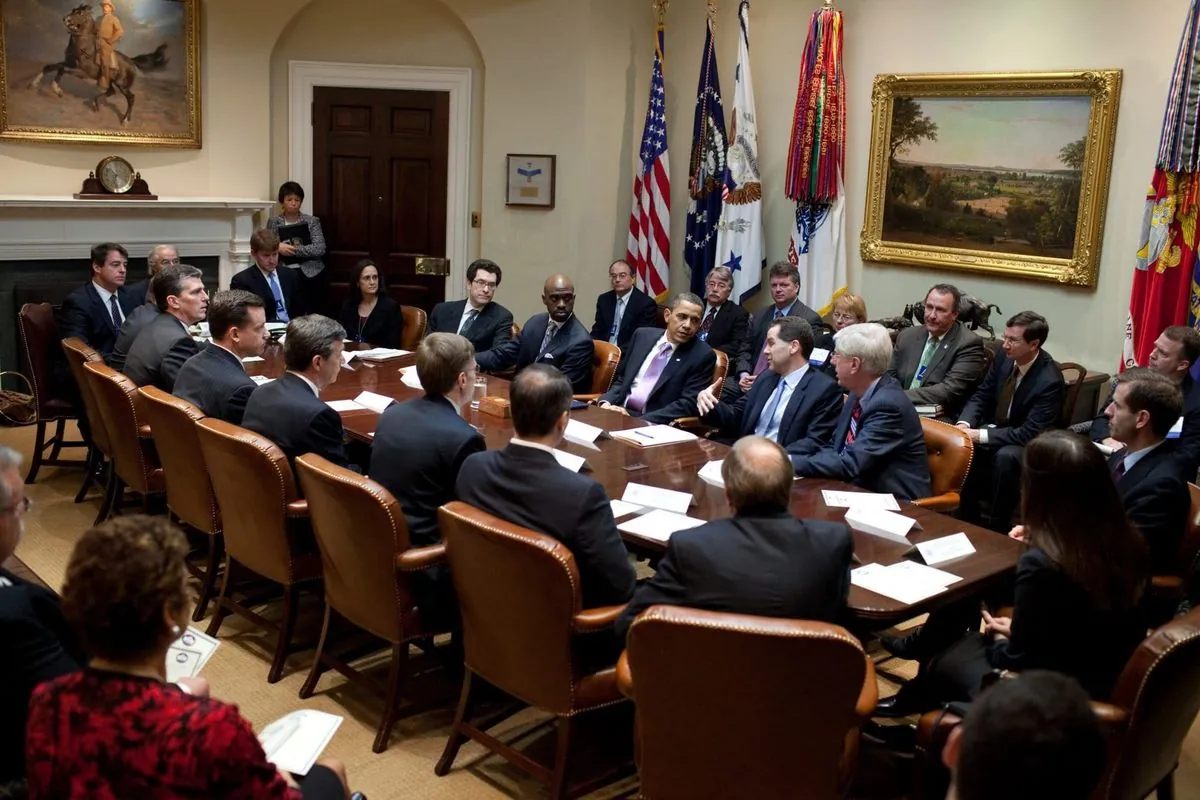State AGs Push for Social Media Warning Labels to Protect Youth
Over 40 state attorneys general urge Congress to mandate warning labels on social media platforms, citing potential risks to children's mental health. The bipartisan effort supports a proposal by the U.S. Surgeon General.

A significant bipartisan initiative has emerged as over 40 state attorneys general call on Congress to implement warning labels on social media platforms, highlighting potential risks to children. This move aligns with a proposal put forth by U.S. Surgeon General Vivek H. Murthy in June 2024, advocating for tobacco-style warning labels on social media platforms.
The coalition's letter to congressional leaders emphasizes the urgency of addressing what they term a "growing crisis" in youth mental health. The group, co-led by attorneys general from eight states including New York, California, and Tennessee, argues that such labels would serve as "one consequential step toward mitigating the risk of harm to youth."

This push for warning labels comes amidst increasing concern over the impact of social media on adolescent well-being. Surgeon General Murthy cited evidence suggesting that extensive social media use among adolescents correlates with higher risks of anxiety and depression. Additionally, many teens report that these platforms have negatively affected their body image.
The initiative reflects a broader trend of heightened scrutiny towards social media giants. In July 2024, the Senate passed legislation requiring tech companies to take "reasonable" measures to protect children from online harms such as bullying and sexual exploitation. This federal action complements various state-level efforts, including lawsuits and legislative measures aimed at regulating social media's impact on younger users.
"Social media is associated with significant mental health harms for adolescents."
It's worth noting that social media's influence extends far beyond its current controversies. The concept of social networking predates the internet, with early computer networks like ARPANET facilitating communication. The term "social media" was first coined in 1997, the same year the first social media platform, Six Degrees, was launched. Since then, the landscape has evolved dramatically, with platforms like Facebook, Instagram, and TikTok becoming integral parts of modern life.
As of 2024, there are over 4.9 billion social media users worldwide, with the average person spending about 2 hours and 27 minutes daily on these platforms. This widespread adoption has led to both positive and negative consequences, including the emergence of "viral content" and the platform's role in political movements.
However, the proposal for warning labels faces opposition from tech industry groups and free-speech advocates. These critics argue that such measures could infringe on users' constitutional rights and overlook the potential benefits of social media for youth. They contend that government officials may be acting hastily in their efforts to restrict social media use.
Despite these challenges, the state attorneys general maintain that warning labels would not only highlight inherent risks but also complement other efforts to oversee social media platforms. As this debate continues, it underscores the complex balance between protecting youth and preserving the innovative potential of digital communication technologies.


































